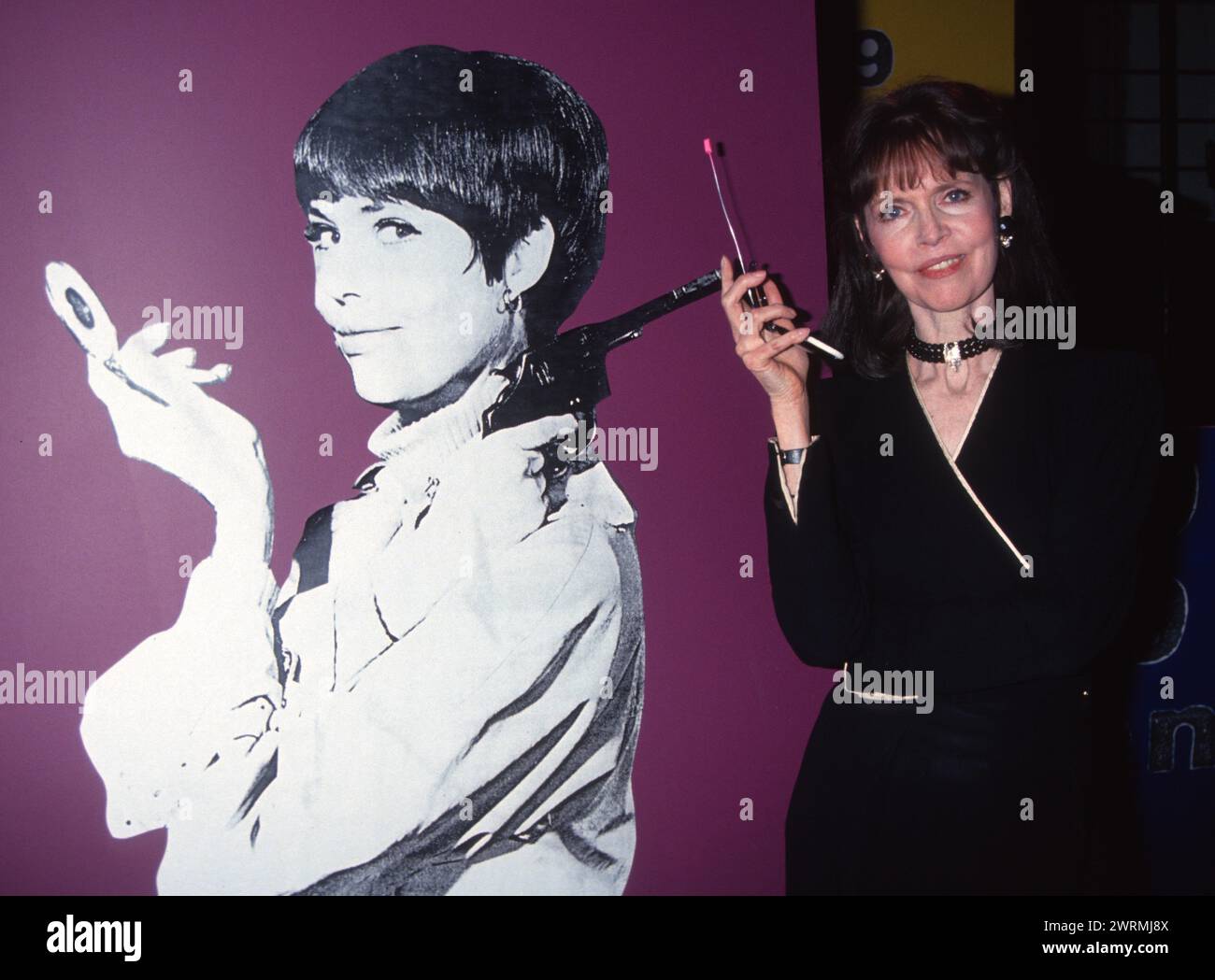
The music world mourns the passing of Rick Derringer, a towering figure whose unparalleled talent as a guitarist, singer, songwriter, and producer left an indelible mark on multiple generations of listeners. His passing signifies the departure of an artist who not only shaped the sound of rock and roll but also influenced countless musicians and fans throughout a career spanning six remarkable decades. Derringer’s contributions resonate deeply, from the anthemic power of his early hits to his transformative work behind the console.
Derringer’s journey in music began in Celina, Ohio, where he was born in 1947. He burst onto the national scene as a young prodigy, leading his band, The McCoys, to meteoric success in the 1960s. It was with The McCoys that he delivered an electrifying performance on “Hang on Sloopy,” a song that soared to the No. 1 spot on the Hot 100 in 1965, becoming a timeless staple of the era. Their follow-up, a vibrant cover of “Fever,” also achieved significant chart success, peaking at No. 7, further cementing their place in music history.
As the landscape of popular music evolved into the 1970s, Derringer demonstrated remarkable adaptability and continued to forge new paths. He embarked on collaborations that would further define his legacy, notably working with the legendary blues-rock brothers Johnny and Edgar Winter. It was during this period that Derringer penned one of his most iconic compositions, “Rock and Roll, Hoochie Koo.” This seminal track first saw the light of day in 1970 on Johnny Winter And’s album, which featured Derringer himself alongside fellow McCoys members Randy Jo Hobbs and Randy Zehringer.

Derringer’s own rendition of “Rock and Roll, Hoochie Koo” followed in 1973, captivating audiences and climbing to No. 23 on the Hot 100, which marked a significant solo triumph. His creative partnership extended to Edgar Winter as well, and in this partnership, Derringer showcased his production prowess. He was instrumental in shaping the sound of hits like “Frankenstein” and “Free Ride,” demonstrating his multifaceted contributions beyond performing.
Beyond his individual and collaborative triumphs, Rick Derringer possessed extraordinary versatility, which enabled him to lend his talents to a vast array of major acts across diverse genres. His work as a guitarist, songwriter, and producer spanned an astonishing spectrum, as he collaborated with artists as varied as pop icon Cyndi Lauper, rock titans Kiss, the sophisticated Steely Dan, vocal legend Barbra Streisand, powerhouse vocalist Bonnie Tyler, and even The Beatles’ own Ringo Starr.
One of the most remarkable aspects of Derringer’s prolific career was his role as a producer for “Weird Al” Yankovic. He produced Yankovic’s first six albums, and this partnership yielded immense success, including a Grammy Award in 1984 for “Eat It,” the ingenious parody of Michael Jackson’s “Beat It,” which won the award for best comedy recording. Yankovic himself expressed profound sadness upon hearing the news, remarking on Instagram, “I’m very sad to say that my friend, rock guitar legend Rick Derringer, has passed. He had an enormous impact on my life and will be missed greatly.”
Read more about: Remembering Five American Music Legends: A Year of Profound Loss in the World of Sound

Derringer’s influence even permeated the world of professional wrestling. He wrote and performed “Real American,” a track that was featured on the WWF’s Wrestling Album, which he also produced. This song would go on to become the enduring theme music for the larger-than-life wrestling superstar Hulk Hogan, forever linking Derringer’s musical genius to a cultural phenomenon that transcended the realm of music.
The news of Rick Derringer’s passing was shared by his longtime friend and caretaker, Tony Wilson, via Facebook. Tony Wilson confirmed that the legendary rocker died “peacefully” in his sleep on Monday, May 26. Wilson’s announcement provided heartfelt details, stating that Derringer was “surrounded by his loving wife, singer-songwriter Jenda Derringer, with whom he had been in a band for 28 years, and his caretaker and close friend, Tony Wilson.” The passing occurred in Ormond Beach, Florida.
While an initial cause of death was not immediately disclosed, reports later indicated that Derringer’s heart suddenly gave out. His wife shared with a media outlet that he had been rushed to a hospital in Ormond Beach, Florida, on Monday night after experiencing “some sort of shock” and was taken off life support shortly thereafter. Wilson further elaborated that Derringer had undergone triple bypass surgery earlier in the year, but had been “doing well” up until his sudden and unexpected passing.
The outpouring of tributes from the music community following Derringer’s death underscores the depth of his impact and the respect he commanded among his peers. The former Mötley Crüe frontman John Corabi took to Twitter, expressing his grief: “So sad to hear about the passing of Rick Derringer. What a brilliant guitarist/producer and songwriter. I saw him quite a few times, and was blown away by what he did with his guitar. R.I.P. Rick.”
Read more about: Remembering Five American Music Legends: A Year of Profound Loss in the World of Sound

Fellow guitarist Joe Bonamassa also shared his condolences on X, writing, “Rest in Peace, my friend. It was an honor to know you, work with you, and call you a friend.” These sentiments reflect the widespread admiration for Derringer’s technical prowess, creative vision, and amiable spirit, which touched so many.
Rick Derringer’s legacy is truly expansive, reaching far beyond the confines of his best – known hits. As Tony Wilson eloquently stated, “Derringer’s legacy extends beyond his music, as he entertained fans with his signature energy and talent. His passing leaves a void in the music world, and he will be deeply missed by fans, colleagues, and loved ones.” This sentiment encapsulates the profound void left by a musician who consistently pushed boundaries and elevated the craft.
His passing marks the end of an era for a true rock – and – roll innovator. From the garage – rock anthems of the 1960s to the solo hits and influential production work of the 1970s and beyond, Derringer’s music will continue to inspire and entertain. The melodies he composed, the guitar riffs he unleashed, and the sounds he sculpted will forever echo, reminding us of a singular talent who brought immense joy and passion to the world of music.
Rick Derringer’s remarkable journey through sound stands as a testament to a life dedicated to artistic excellence. His spirit, infused in every note he played and every song he shaped, will undoubtedly live on through the timeless recordings that remain a cherished part of music history. We celebrate the extraordinary life of an artist who gave so much, and whose contributions will be revered for generations to come.



